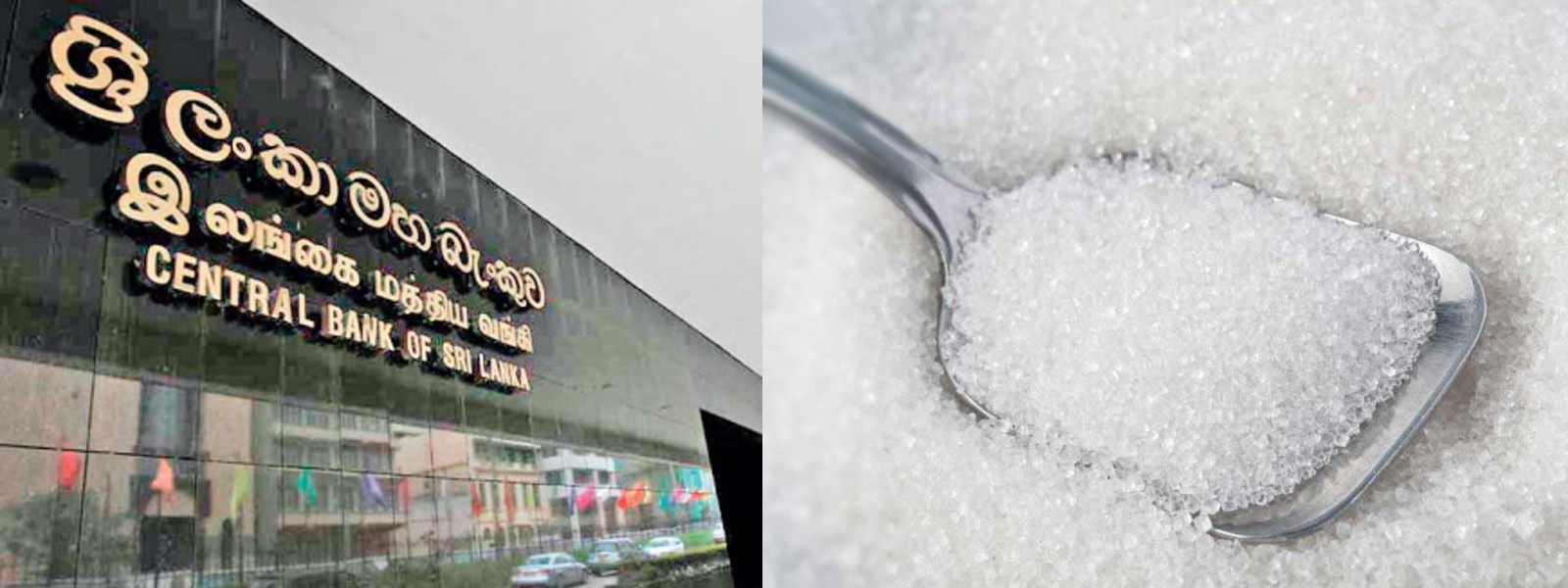.webp)

Sugar Scam vs Bond Scam - The Similarities
Colombo (News 1st); The scam related to the importation of sugar to Sri Lanka, which is widely known as the Sugar Scam is similar to the Central Bank Treasury Scam, which involved insider information and causing losses to the state.
INSIDER INFORMATION
In the Treasury Bond Scam, Perpetual Treasuries Limited, a primary dealer company owned by Arjun Aloysius benefited from Insider Information given by then Governor of CBSL Arjuna Mahendra, who is also the Father-in-Law of Aloysius.
The report of the Presidential Commission of Inquiry revealed the Insider Information related to the number of bonds that were to be accepted as well as other key price-sensitive information.
How did the Sugar Scam take place?
On the 14th of October 2020, the Sri Lankan Government slashed the special commodity levy on a kilogram of imported Sugar from Rs. 50 to Rs. 0.25.
From then to 20th February 2021, Pyramid Wilmar Pvt Ltd imported more than 125,000 Metric Tonnes of sugar to Sri Lanka.
During the same period 67 companies imported sugar to Sri Lanka and Pyramid Wilmar Pvt Ltd had imported 40% of the total sugar imports to the country.
Shouldn't this particular importer have been aware of the tax reduction ahead of its implementation to claim a lion's share of sugar imports, while there were 66 other companies?
Doesn't this also relate to sensitive Insider Information being released to one particular party, as committed in the Bond Scam?
CAUSING LOSSES TO THE PUBLIC COFFERS
The Employees Provident Fund incurred more than Rs. 08 billion in losses as a result of the Central Bank Treasury Bond Scam.
Perpetual Treasuries Limited (PTL) purchased high volumes of bonds from the Primary Market at low-interest rates using insider information and sold those bonds at high prices to the Employees Provident Fund, causing massive losses to the fund.
PTL made profits at the expense of the Employees Provident Fund.
In the Sugar Scam, Pyramid Wilmar Pvt Ltd sold more than 2000 MT of sugar imported under the Rs. 0.25 levy to Sathosa for an exorbitant price between Rs. 125/- & Rs. 127/-, per kilogram.
Sathosa then sold the sugar to the consumers at Rs. 85/- per kilogram.
Therefore, Sathosa purchased sugar at a higher price and sold it for a lesser price.
Considering the fact that, Insider Information was used and public funds were made to lose, it is clear there are similarities between the Sugar Scam and the Bond Scam.
EFFORTS TO PORTRAY A SCAM DID NOT TAKE PLACE
In 2015, then-Prime Minister Ranil Wickremesinghe said the bond issuance did not result in a scam and Arjuna Mahendran changed the system of issuing bonds on his instructions.
From the Wickremesinghe appointed Pitipana Committee to the footnotes in the COPE Report, the investigations were directed on various other avenues.
Addressing the media, Finance Secretary S. R. Attygalle said there was no scam concerning sugar imports, adding taxes were reduced for the benefit of the general public.
However, it is the general public that is battered by both these scams.
WE REPORT - YOU DECIDE
Other Articles
Featured News





.png )
-819498_550x300.jpg)




-819468_550x300.jpg)




-819380_550x300.jpg)


-812087_550x300.jpg)
-810262_550x300.jpg)
















.gif)